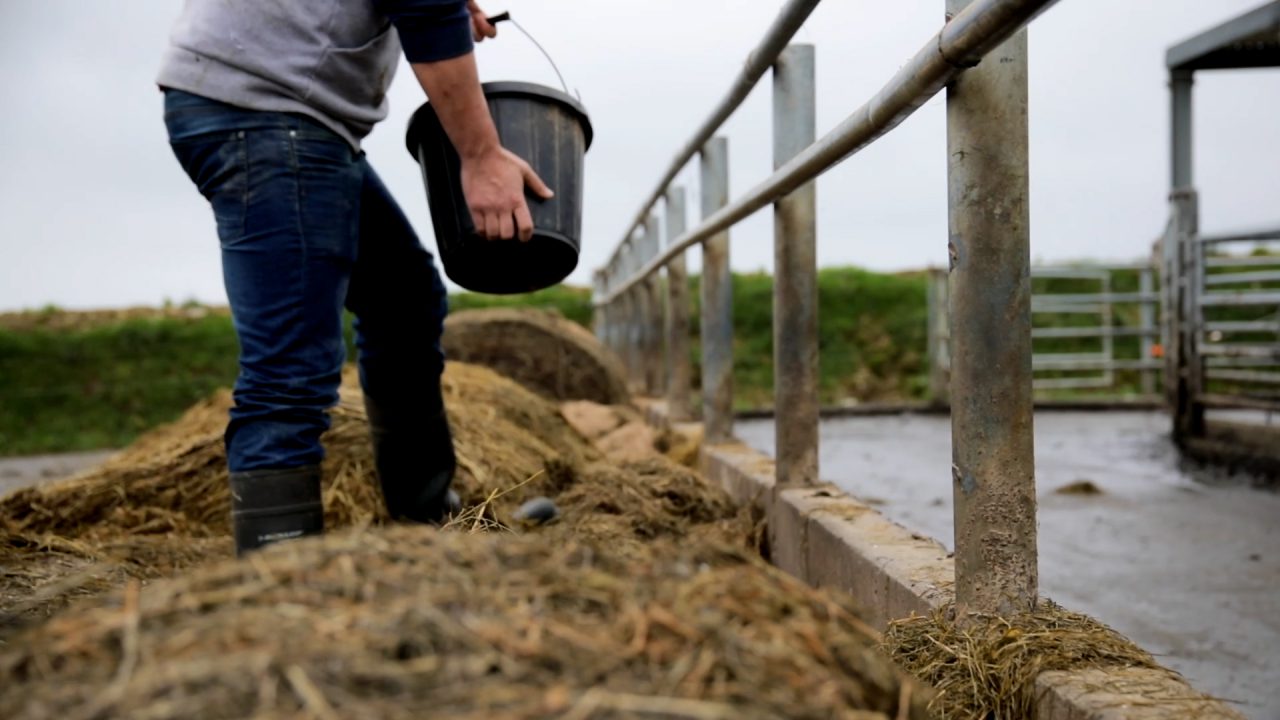The number of agri-food workers who have died in England and Wales within 28 days of a positive Covid-19 test last year totalled 258, AgriLand can reveal.
The analysis is based on figures compiled by the Office of National Statistics (ONS) and includes farmers, agricultural and horticultural managers and business owners, farmworkers, agricultural machinery drivers, agricultural workers not classified elsewhere and agri-food production workers.
No Covid-related deaths were recorded for veterinarians in 2020.
The analysis carried out by AgriLand is based on provisional data from the ONS, which came with the caveat that numbers could increase as more deaths are registered.
It is important to note that whilst the data covers all deaths where Covid-19 was detected, it does not, however, disclose instances where other factors also contributed to a death.
Across all occupations, a total of 5,128 deaths of 20 to 64-year-olds were recorded, 90 of which worked in the agri-food sector.
Despite millions being spent on Covid-19 measures across UK and Irish food processing plants, the low-temperature, moist environments in many have remained conducive to the spread of the virus.
Out of all the agri-food occupations listed, food and drink processing workers had the highest risk of dying after contracting Covid-19.
The number of farmer and farmworker deaths combined totalled 79, while 148 food and drink processing worker deaths were recorded.
Top 10% of deaths
The number of Covid deaths recorded for food processing workers put them in the top 10% of all 370 occupations listed in both age categories.
Carers had the highest under-65 death toll with 347 recorded, followed by 213 taxi drivers and 180 retail assistants. Nursing was the fourth most-deadly occupation with 157 deaths counted.
It was followed by 311 carers, 289 cleaners, and 259 retail assistants.
Conversely, out of the agri-food professions, agricultural machinery drivers were most likely to be safe from the virus, with just one Covid death recorded in this category.
It was followed by managers and proprietors, in which six deaths were recorded.
The next two categories – fishing and elementary agricultural occupations n.e.c. and agricultural and fishing trades n.e.c. – cover those not included elsewhere. Combined, the two categories tallied 24 Covid deaths in 2020.
‘Each death is a tragedy’
It comes as calls have been made across the UK and Ireland for food processing workers to be included on vaccination priority lists.
The Farmers’ Union of Wales (FUW) president Glyn Roberts said: “Each one of these losses in the agri-food industry represents a tragedy for family and friends, and we pay tribute to all those key workers working in the front line, including those who work day-in, day-out to keep us fed.
“We have met regularly with the Welsh government and highlighted the need to improve testing for those most at risk in our food industry, and hope that as we make progress with vaccination workers in the industry who face greater risks than others might be added to the priority vaccination list.”
National Farmers’ Union president Minette Batters added: “The impact of Covid-19 has been enormous, touching every part of our nation.
“My thoughts are with everyone who has lost a loved one over the past year and for those who continue to feel the impacts of the pandemic.”

